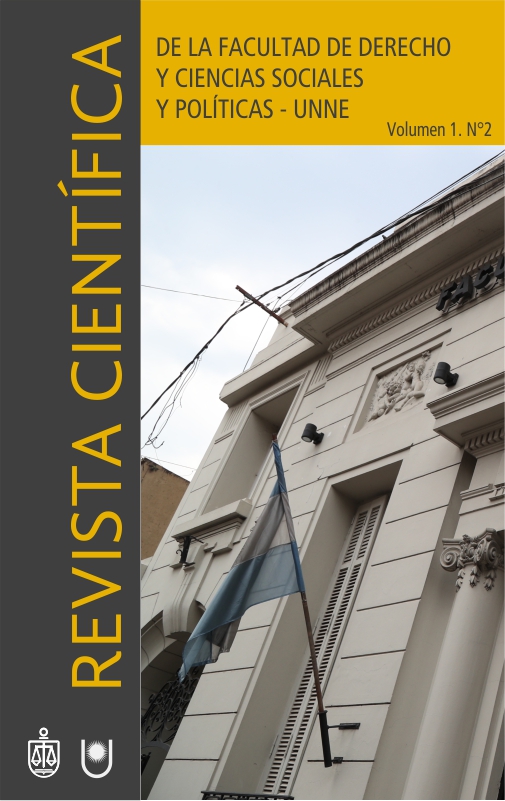On the death penalty: fragmentary meditations
DOI:
https://doi.org/10.30972/rcd.126237Keywords:
death penalty, sacred, immanence, responsibility, ethicAbstract
This short reflection attempts to meditate on the premise around which both proponents-of and those-opposed-to the death penalty hinge their arguments. And it makes the case that in-lieu of their premise being antonymous, or at least antagonistic — as might be expected — it is exactly the same: that even though they might come to diametrically opposite conclusions, both sides rely on the notion that life is sacred. By doing so, they are conceiving of it in the abstract, as abstractions; and thus, ignoring — or, at least, temporarily set aside — the fact that each life, and each living, including one’s own, is irreducibly singular and should be considered in its concrete materiality, situation, and context. More importantly, in order to decide in the abstract, what is actually done is to decide — a priori — what counts as a life.
This piece, thus, opens the potentially disconcerting possibility that — by acknowledging lives in their immanence, and attempting to respond to them as such — one’s very responsibility lies in the fact that every moment of living is an act of choosing who, and what, one kills.
References
Atwood, M. (1989). Cat’s Eye. McClelland & Stewart.
Butler, J. (2004). Precarious Life: The Powers of Mourning and Violence. Verso: pp. xiv.
Camus, A. (1970). ‘On the future of tragedy’, translated by Ellen Conroy Kennedy, in Lyrical and Critical Essays, edited by Philip Thody. Vintage.
Derrida, J. (1999). Donner la mort. Éditions Galilée
Downloads
Published
How to Cite
Issue
Section
License
Copyright (c) 2022 Research Journal of the Faculty of Law and Social and Political Sciences – UNNE

This work is licensed under a Creative Commons Attribution-NonCommercial 4.0 International License.







52.jpg)






